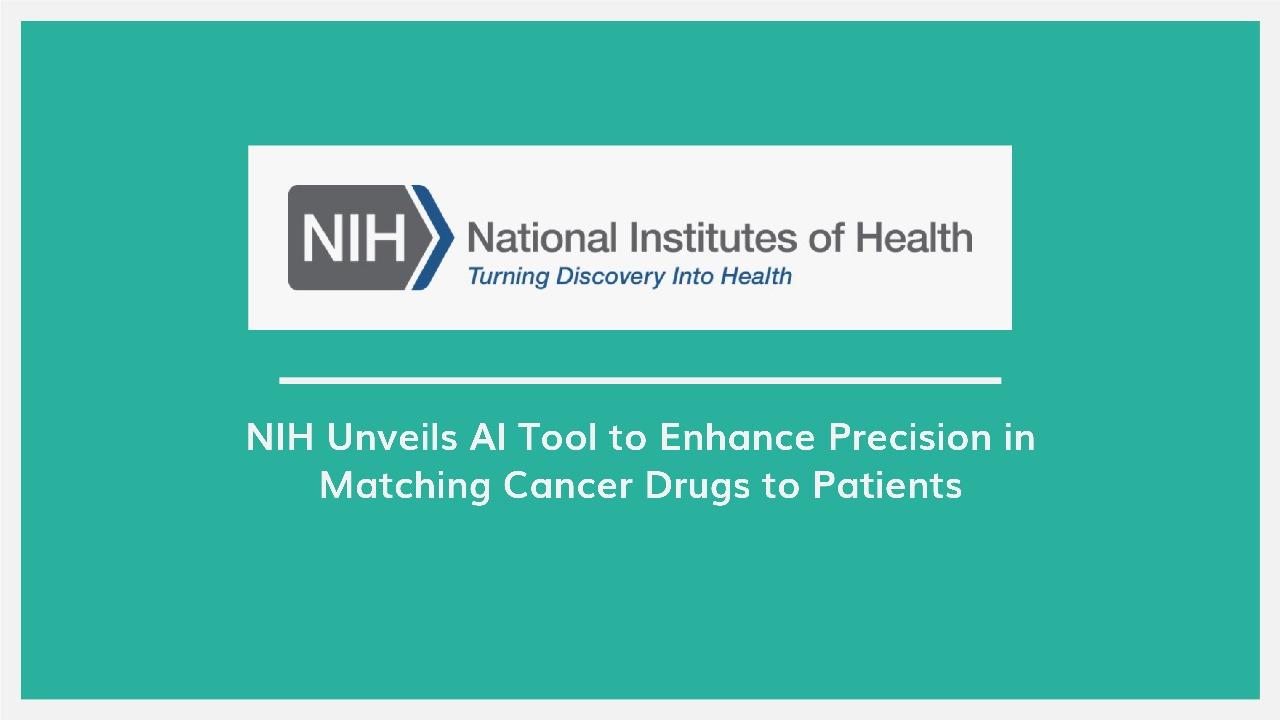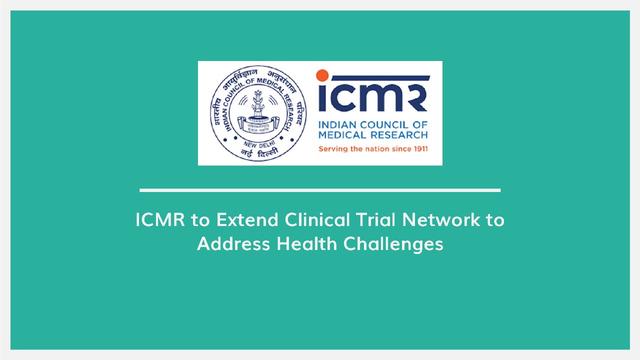NIH Unveils AI Tool to Enhance Precision in Matching Cancer Drugs to Patients
By:- Team VOH

25 Apr 2024
AI-driven tool utilizes single-cell RNA sequencing for more targeted cancer treatment predictions
In a groundbreaking proof-of-concept study, researchers at the National Institutes of Health (NIH) have introduced an artificial intelligence (AI) tool capable of analysing individual cells within tumours. This innovation aims to predict the effectiveness of specific cancer drugs for individual patients.
Published in Nature Cancer, by researchers from the National Cancer Institute (NCI), the study explores the potential of single-cell RNA sequencing data. The research suggests that leveraging this data could significantly enhance doctors' ability to match cancer patients with drugs tailored to their specific cancer type.
Traditional methods rely on bulk sequencing of tumour DNA and RNA, averaging the data from all cells within a tumour sample. However, tumours comprise various cell types and subpopulations, known as clones. These clones can react differently to drugs, leading to variable patient responses or drug resistance.
Single-cell RNA sequencing offers superior resolution, analysing data at the single-cell level. Despite its potential, this technology is costlier and not yet widely accessible in clinical settings. The NIH researchers aimed to bridge this gap by combining single-cell RNA sequencing data with machine learning techniques.
The team utilized transfer learning, a machine learning method, to develop AI models capable of predicting drug responses. These models were trained using both bulk RNA sequencing data and single-cell RNA sequencing data from published cell-line drug screens. Impressively, the AI accurately predicted responses to 44 FDA-approved cancer drugs.
Further testing on real-world patient data confirmed the AI's predictive accuracy. For instance, the tool correctly identified that resistance in just one clone could render a drug ineffective, even if other clones responded positively. The AI also successfully predicted resistance development in patients undergoing targeted therapies for non-small cell lung cancer.
Future Implications:
While the study's results are promising, the researchers emphasize the need for more widespread availability of single-cell RNA sequencing data to enhance the tool's accuracy. To aid researchers and clinicians, the team has launched a research website and a guide for their AI model, named Personalized Single-Cell Expression-based Planning for Treatments In Oncology (PERCEPTION).
Research Team
Led by Alejandro Schaffer, Ph.D., and Sanju Sinha, Ph.D., the study was conducted at NCI’s Center for Cancer Research. Eytan Ruppin, M.D., Ph.D., supervised the project, with Sinha now at Sanford Burnham Prebys.
Trending Now

Tripura Embarks on Digitization Journey for Patient Health Records and Healthcare Facilities
29 Apr 2024

Advisory Issued to Health Workers: No Jewelry or Cellphone Use Allowed in ICU
29 Apr 2024

ICMR to Extend Clinical Trial Network to Address Health Challenges
29 Apr 2024

Surge in Dengue Fever Cases Prompts Health Authorities in Udupi, Karnataka to Initiate Larva Survey
29 Apr 2024

Bharat Biotech Co-founder Highlights India's Advancement" in Response to VP Dhankhar's Visit to Pharma Major
29 Apr 2024




